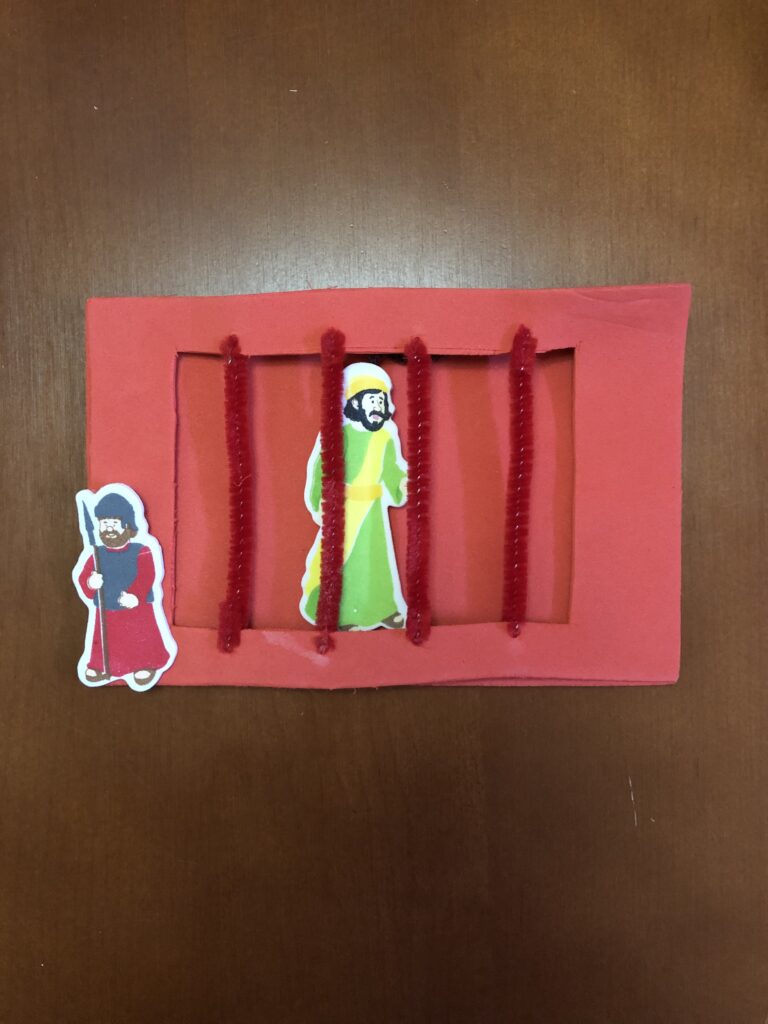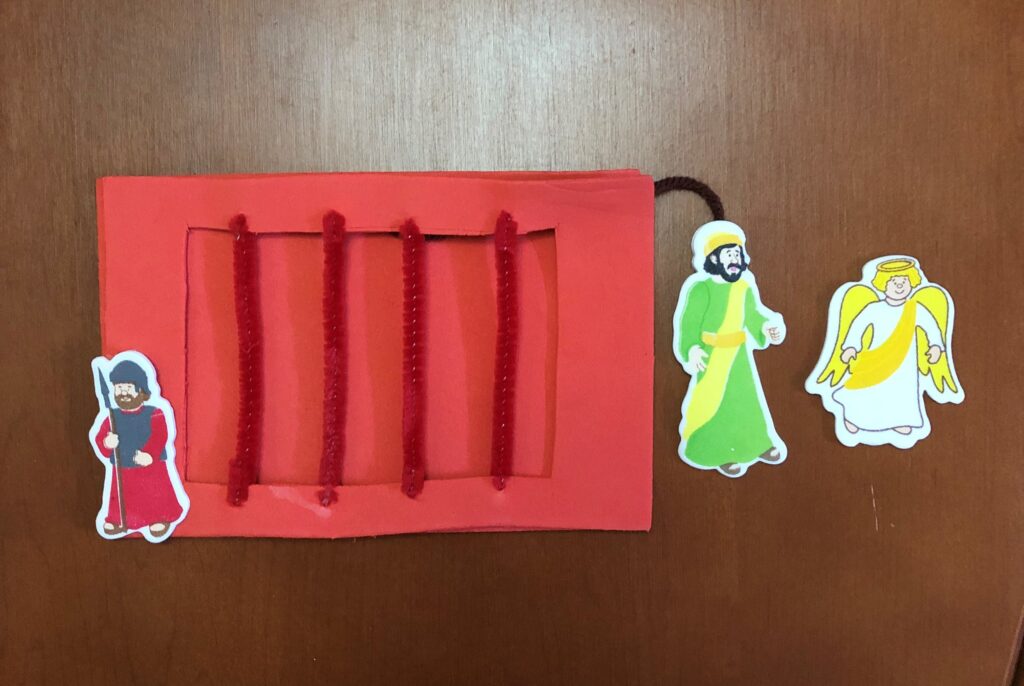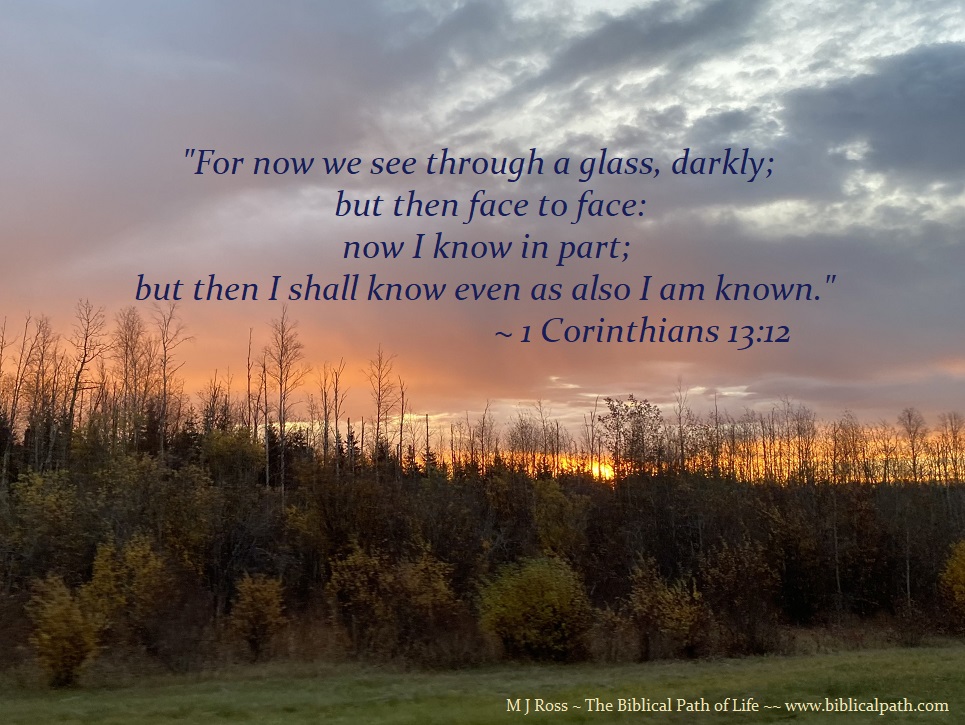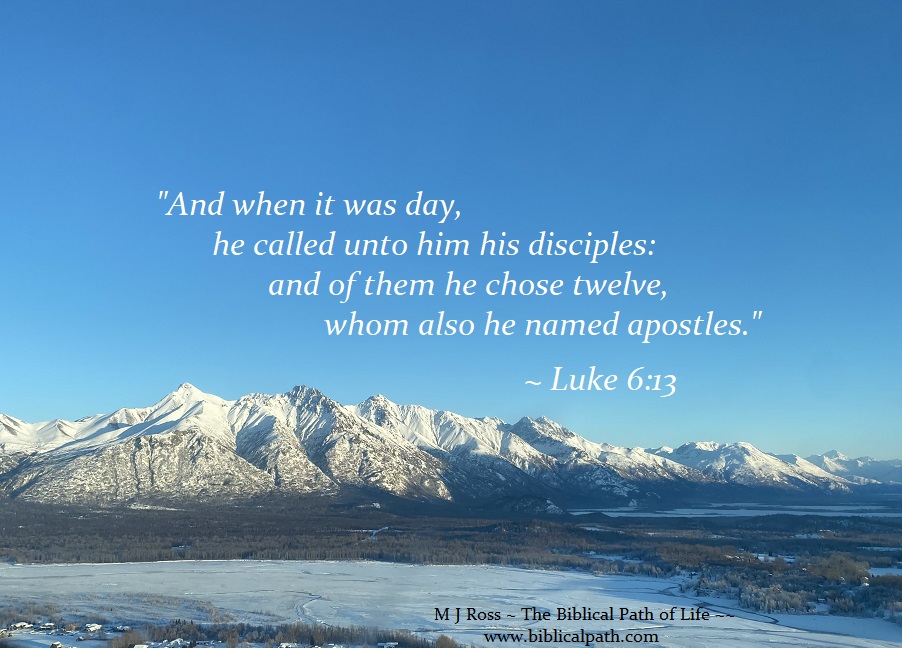
Key Verse
But be ye doers of the word, and not hearers only, deceiving your own selves.
—James 1:22
Key Verse Thought: Read today’s Key Verse. What is the difference between hearing about something and actually doing it? Which is more real? How important is it for children to actually do what their parent has told them to do compared to just hearing what was said and not fulfilling the task (i.e.: taking out the trash, making their bed, cleaning their room, coming home at the appointed time, etc.). Will there be reward, or trouble? Depends on whether they did what was commanded of them, or if they just “heard” what was said. In this lesson, we will look at the difference. We will learn it is most important to do what God’s Word teaches, and not just hear what God’s Word teaches.
Emphasis: In this lesson, we are to understand the importance of not only hearing what God’s Word teaches, but doing what God’s Word teaches. It is important for the world to see a person is truly a Christian by the way that one lives their life – as a life pleasing to God, obeying the Bible. Remember that Abraham was considered righteous and called the friend of God when he did what God asked of Him.
Lesson Summary: After learning in Hebrews again that salvation is by faith, we will recognize in this lesson that that faith is coupled with works.
James, the half brother of Jesus, wrote the book of James to the Jews scattered abroad, but it is also relevant to Christians today. Many think this may be the earliest written New Testament book. James did not become a Christian until after Jesus’ death, burial, and resurrection. He witnessed Jesus’ ascension and returned to wait in the upper room (see Acts 1:14). We will begin this lesson by remembering who James was.
Throughout the book of James, we will find many wise things applicable to the Christian life – much like the book of Proverbs in the Old Testament. James taught practical ways to live a Christian life. He began by teaching one to understand the difference between trials and temptations. One must also understand that faith alone is dead; however, faith is justified by works. Two Old Testament examples are given to reveal this. James encourages Christians to choose to be wise, learning how to live right, compared to living wrong. He reminds Christians that they cannot live like the world, for friendship with the world is enmity with God. Instead, a Christian is to draw nigh unto God, enabling that Christian to resist the devil. We will read a warning that when a Christian knows to do what is right but does not do it, it is sin. A Christian will show his faith by the Christ-like life he leads. Finally, we will learn about effectual prayer that avails much.
Y3Q4 – Lesson 6 Questions
Y3Q4 – Lesson 6 Children’s Worksheets
The Biblical Path of Life – Year Three, Quarter Four is available through Amazon.










